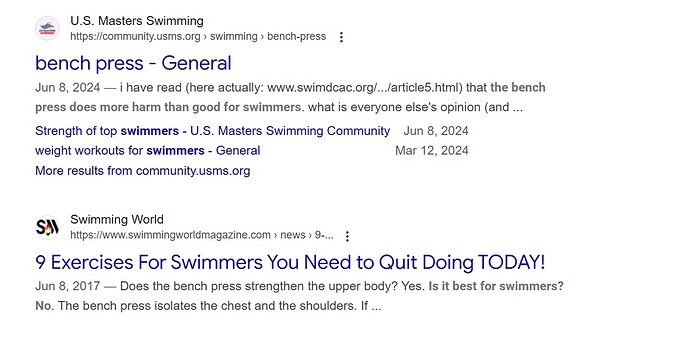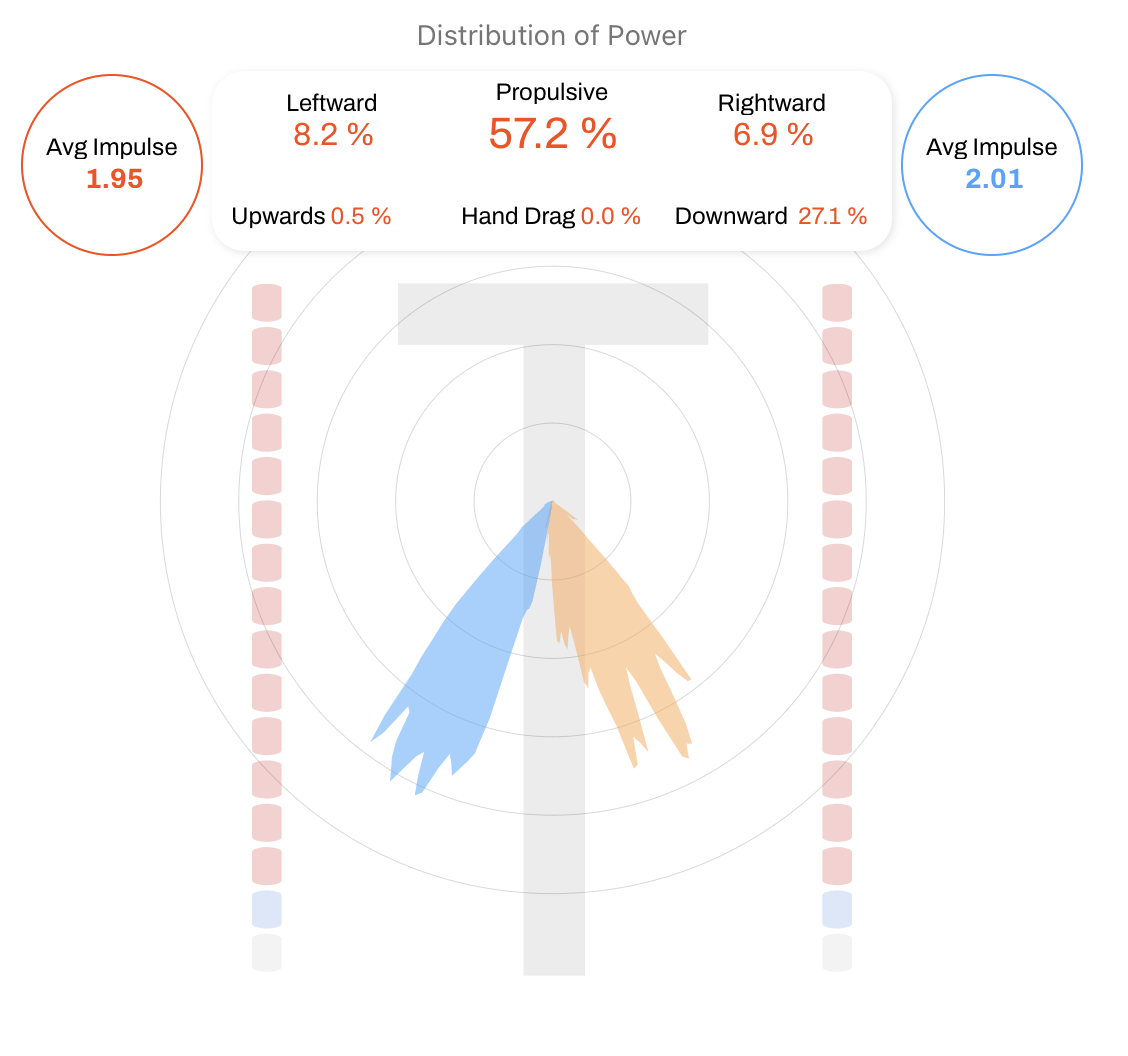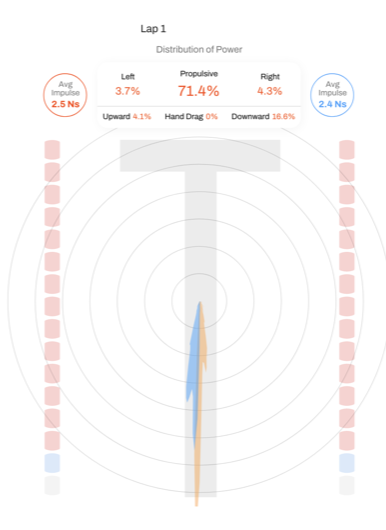In general I do agree with SnappingT’s statement about technique intertwined/inseparable from strength/fitness for swimming, but I don’t think it’s as true for beginner swimmers and some particular technical issues.
Like breathing, for example. Beginners do a horrible job at this, and less so, decent swimmers. But I doubt it requires a lot of strength/fitness to improve it. Time in the water, yes, and conscious practice, but it’s not limited by your swim fitness.
Similarly, there are a lot of things like this in swimming I could think that almost certainly are NOT fitness limited even if they have meaningful impact on speed: head position, over-rotation, under-rotation, errant kick compensating for stroke imbalance, inefficient sighting (huge impact for triathletes, greatly underestimated), poor wall turn technique for pools, I don’t think any of these require big fitness gains for meaningful improvement. In fact, I suspect swimming EASY and SLOW but concentrating on correct motion is the key to fixing these, and that’s the exact opposite of what you’d do for fitness gain, which is swim hard, fast, and sometimes long to push your limits.
Unfortunately, at least from what I’m seeing and experiencing, once you’re no longer a raw beginner, and are pretty flat in the water, the biggest impact on your speed is your pull ability, which is the DIRECTED force you can make x turnover, and from what I’m seeing over and over again, this is almost entirely a fitness related issue. You can study EVF, practice it slowly, isolate the motion, do it until all day, but unless you have the arm power to do a proper EVF that’ll get you faster, it’s not going to happen. Kinda analogous to watching a low 5-min marathon runner do intervals - it looks so easy and glidelike and efficient, but you dont’ get there but just mimicking it at slower speed, you have to actually get to that fitness level before you even have a chance.


